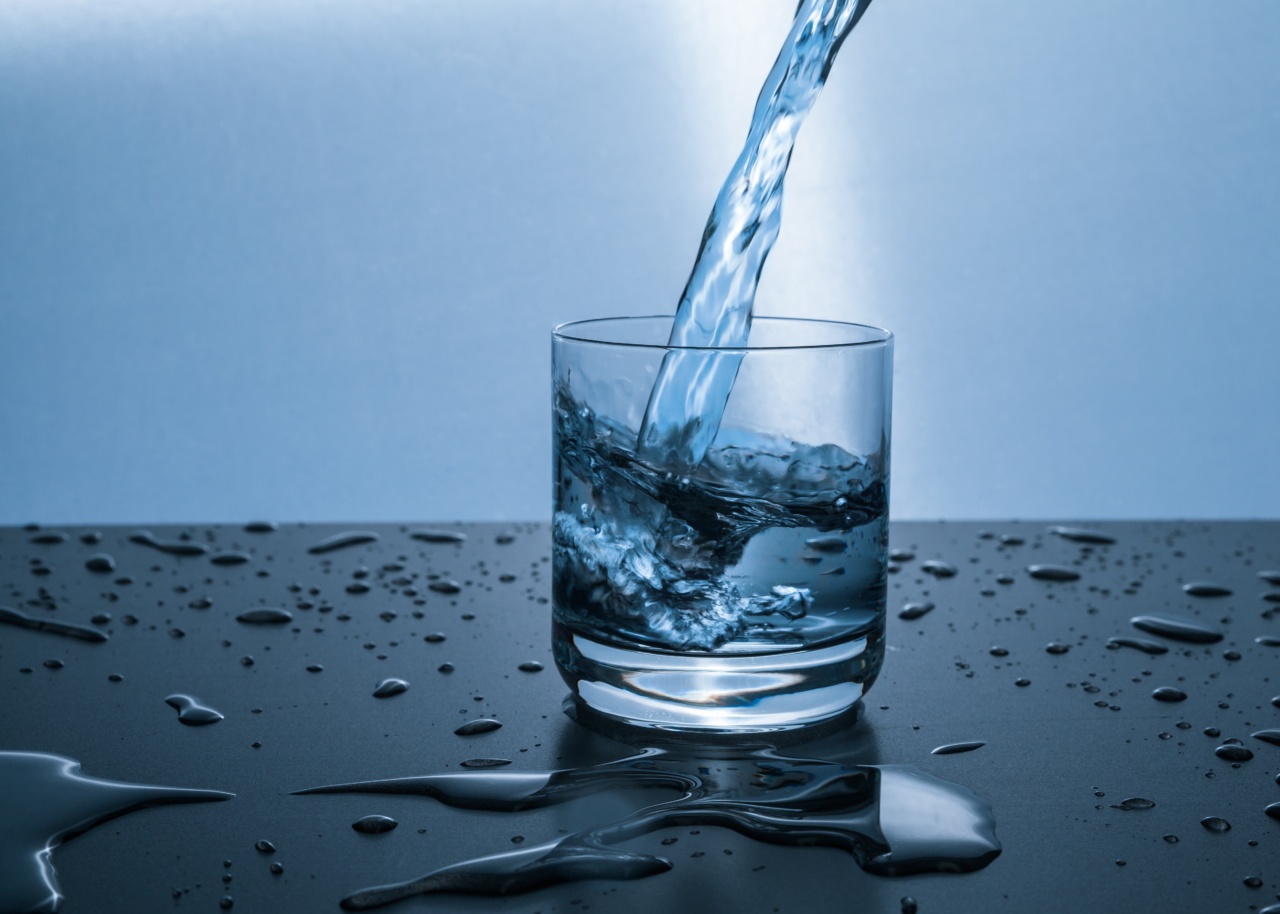Water is essential for the survival of all living organisms, and humans are no exception.
Approximately 60% of the human body is made up of water, and it’s necessary for various bodily functions such as lubrication of joints, regulating body temperature, and transporting nutrients around the body. However, the importance of water intake goes beyond these basic functions, as it has also been linked to BMI (Body Mass Index).
What is BMI?
BMI is a measurement of a person’s body fat in relation to their height and weight. It is a widely used tool to determine if a person is underweight, normal weight, overweight, or obese.
BMI is calculated by dividing a person’s weight in kilograms by the square of their height in meters. The World Health Organization (WHO) defines a healthy BMI range for adults between 18.5 and 24.9.
How does hydration affect BMI?
Research suggests that there is a strong correlation between hydration levels and BMI. The more hydrated a person is, the lower their BMI is likely to be.
This may be because water helps to regulate metabolism and improve digestion, which can lead to a healthier weight. Additionally, drinking water can act as an appetite suppressant, making a person feel fuller for longer and reducing their overall calorie intake.
On the other hand, dehydration can lead to weight gain and an increase in BMI. When a person isn’t adequately hydrated, their body may mistake thirst for hunger and prompt them to eat more than they need.
Dehydration may also slow down the metabolism, making it harder to burn calories.
How much water should a person drink?
The amount of water a person needs to drink varies depending on their age, weight, and physical activity levels. The average adult should aim to drink at least eight glasses of water a day, which is roughly equivalent to 2 liters.
However, some people may need more or less depending on their individual needs.
Factors that can affect how much water a person needs to drink include:.
- Climate and temperature
- Physical activity levels
- Diet
- Overall health
It’s also important to note that not all fluids are created equal when it comes to hydration.
While beverages like coffee and tea can contribute to a person’s overall fluid intake, they also have diuretic properties, which can lead to dehydration if consumed in excess. Alcohol should be avoided as it can also lead to dehydration.
Tips for staying hydrated
Here are some tips to help you stay hydrated:.
- Carry a water bottle with you and sip on it throughout the day
- Drink water before, during, and after exercise
- Eat water-rich foods like fruits and vegetables
- Limit your intake of caffeinated and alcoholic beverages
- Set reminders to drink water throughout the day
The bottom line
Hydration is essential for maintaining a healthy body weight and BMI. By drinking enough water and staying adequately hydrated, you can improve your overall health and reduce your risk for many chronic conditions.
Remember to aim for at least 8 glasses of water a day and adjust your intake based on your individual needs.































